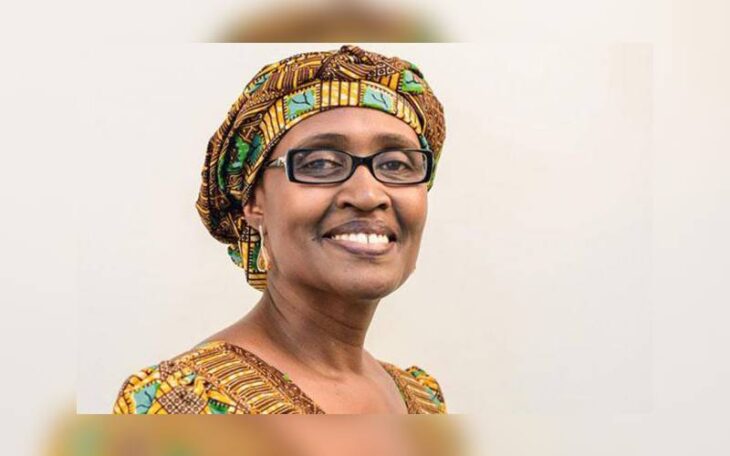Kenya, Dec 15 – UNAIDS has expressed concerns over stagnating financing, Global inequalities and the Covid-19 pandemic as major setbacks in the fight and management of HIV/AIDS globally.
The global health body said the 2025 target in the fight against HIV/AIDS will not be met or its goal of ending the epidemic by 2030 will not be achieved unless proper funding methods are adopted
The UNAIDS 2025 target includes the removal of societal legal impediments of service delivery, and the linking of integrating the provision of HIV services with other services needed by the people living with HIV and the communities to stay healthy.
The target calls for 95 per cent of persons living with the virus to know their status, 95 per cent of those diagnosed to receive a sustained Antiretroviral (ART) treatment and 95 per cent of those on treatment to be virally suppressed by 2025.
Speaking during a media briefing, the UNAIDS Executive Director Ms Winnie Byanyima said that the current funding patterns in the sector predict an 8-billion-dollar deficit by 2025.
“Low- and middle-income countries will need $29.3 billion by 2025 directed towards management of the illness,” said Ms Byanyima.
Ms Byanyima said that HIV funding from bilateral donors other than the US has dropped by 57 per cent over the last decade.
“We are hopeful that the global fund to fight AIDS, Tuberculosis and malaria will secure a target of 18 billion dollars to cover 2023 to 2026,” she said.
According to the global health body, over 84 million people have been infected with HIV while another 40 million have died from AIDs related illnesses since the onset of the pandemic.
The UNAIDS states that 54 per cent of People Living with HIV (PLWHIV) were women and girls while only 28.7 million were accessing antiretroviral, and the remaining ten million have not been able to.
The statistics further show that only 52 per cent of the children living with the viral disease have access to lifesaving drugs.
“The world will not be able to defeat AIDS while reinforcing patriarchy, there is a need to address the intersecting inequalities that women face,” she said.
The executive director said that in the areas of high HIV burden, women are subjected to intimate partner violence being exposed to up to 50 per cent chances of acquiring HIV.
She said that existing data from a study done across 33 countries between 2015 to 2021 revealed that only 41 per cent of married women aged 15 to 24 could make their own decision on sexual issues.
Want to send us a story? Contact Shahidi News Tel: +254115512797 (Mobile & WhatsApp)


